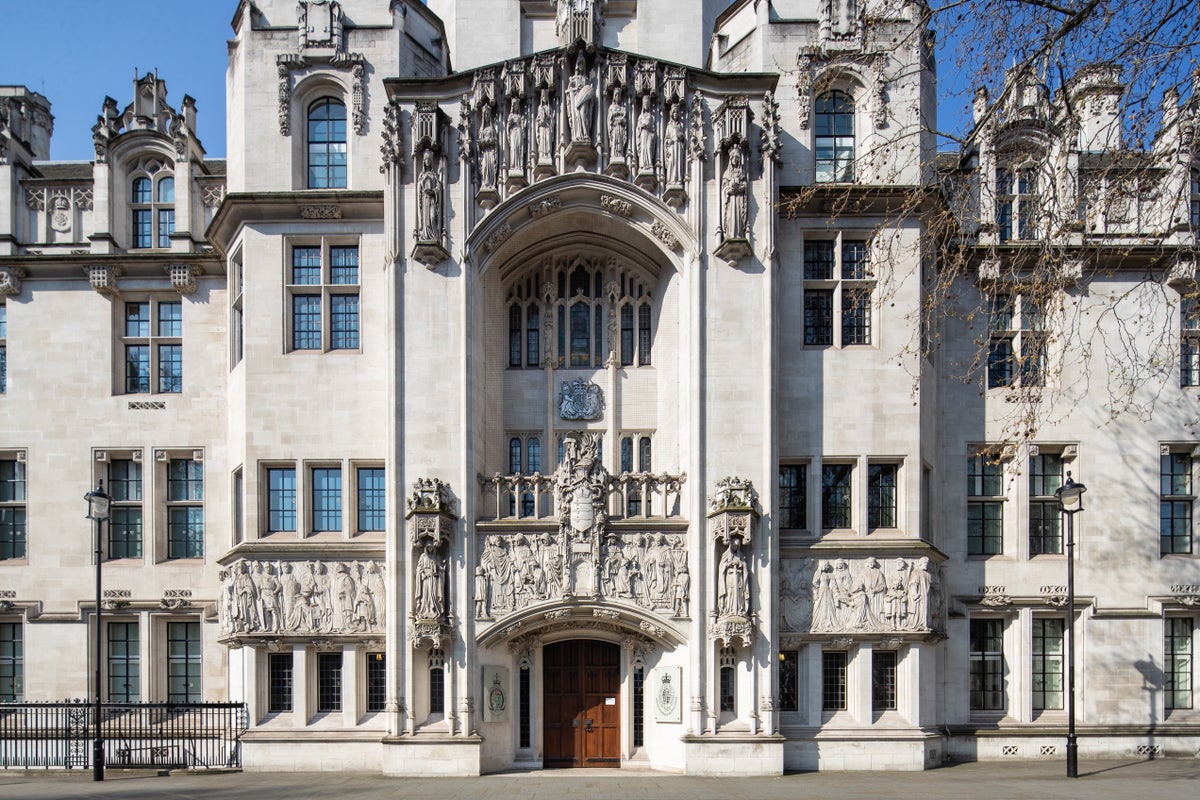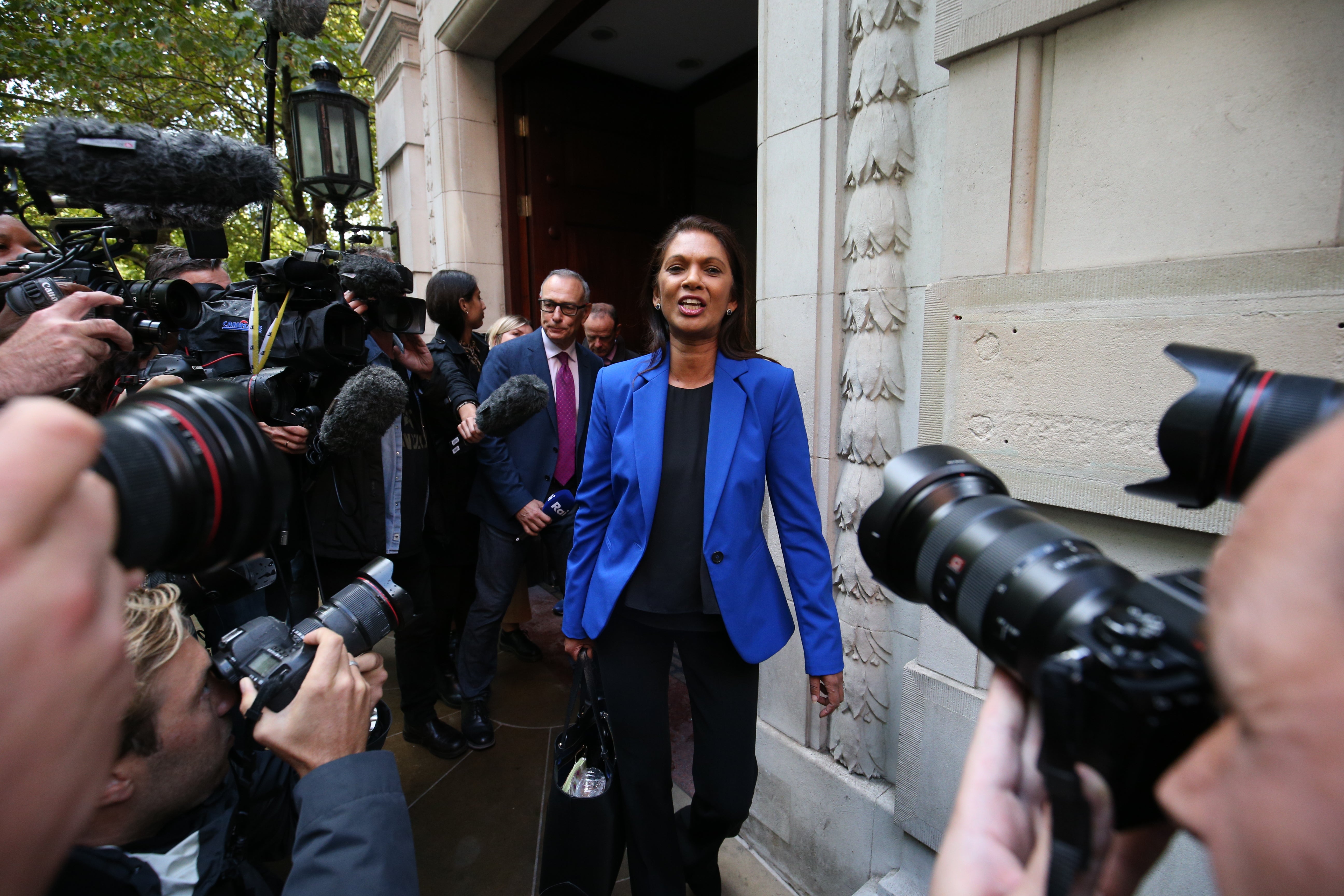
Ministers’ “improper” attacks on judges threaten the constitution and erode public confidence in the legal profession, MPs have concluded in a stinging parliamentary report.
An inquiry into the independence of the judiciary also raised concerns that recent decisions made by the Supreme Court “may appear” to be influenced by ministerial pressure.
Cross-party MPs noted that ministers have become more critical of judges in recent years in “an evolution that might be described as from ‘critique’ to ‘attack’”. They argued that government politicians are misrepresenting legal rulings to their own advantage, attacking judges over their decisions, and making threats about legal reform.
Judges have been subjected to increased political scrutiny over the past few years and certain rulings have attracted significant media attention. One example, given in the report, is the Supreme Court Miller/Cherry ruling that found Boris Johnson’s government had acted unlawfully when it decided to prorogue parliament for five weeks in 2019.

Kwasi Kwarteng, who was a business minister at the time, told the BBC that “many people” believed the judges were biased. An “unnamed source” from Downing Street briefed The Sun that the judges were “politically biased” and Jacob Rees-Mogg reportedly described the ruling to colleagues as a “constitutional coup”.
Then-attorney general Sir Geoffrey Cox claimed that the Supreme Court had “made new law” in order to rule against the prorogation, something the report authors argue “misrepresented both the powers of the court and the reasoning of its decision”.
In October 2021, the current attorney general Suella Braverman criticised the “huge increase in political litigation” in a speech at Policy Exchange and accused the Supreme Court of stepping into matters of “high policy” in the Miller case.

“Many of the attacks by the executive on the judiciary step outside what is constitutionally proper or helpful. Their tone and content often suggests that ministers know better than judges how to determine complex issues of law. This is transparently not the case,” the report by the All Party Parliamentary Group on Democracy and the Constitution said.
Chair of the APPG and Labour MP for Swansea West, Geraint Davies, said the inquiry had found that judicial “independence has been under attack from ministers and in the media with their questions about the impartiality of judges risking undermining public confidence in the law itself”.
It is entirely inappropriate for ministers to make unsubstantiated allegations about the motivations or reasoning of judges
MPs added that government ministers are creating “the perception of politicisation of the judiciary”, something which “misleads the public”.
“We are entitled to expect better of those who hold offices of state,” they said in a stinging rebuke.
“It is entirely inappropriate for ministers to make unsubstantiated allegations about the motivations or reasoning of judges,” the report continued.
The report also highlighted the role of the media in eroding public trust in the judiciary. In relation to the prorogation ruling, MPs noted a 2016 piece in the Daily Mail headlined “The judges and the people: Next week, 11 unaccountable individuals will consider a case that could thwart the will of the majority on Brexit.”

In the piece, the tabloid ranked each judge’s apparent sympathy towards the EU with a “Europhile rating”.
“Recent years have seen the judiciary accused, by both politicians and the media, of ‘interfering in politics”, the report said, “Two independent reviews [the Independent Review of Administrative Law and the Independent Review of the Human Rights Act] found no persuasive evidence of this.”
MPs said that they had only seen evidence of one direct attempt by a minister to influence a judicial decision.
In this example, it was alleged that Priti Patel instructed a senior civil servant to write to the president of the Tribunal, Immigration and Asylum Chamber in 2020 to express “surprise” at the number of grants of bail in immigration proceedings.
The inquiry also found that certain recent decisions by the Supreme Court, and the government’s conduct, may “create the impression that the Supreme Court has been influenced by government pressure”.
They identified seven decisions made by the Supreme Court since 2020 in which judges had departed from previous legal authority and “assumed a position more palatable to the executive”.
“In some of these, the court appears to adopt similar language to that used in the executive’s political talking points. The court has decided fewer than 40 public law matters since in this time, so this represents a notable portion,” the report said.
One recent favourable ruling was the decision to side with the Home Office’s decision to deprive Isis bride Shamima Begum of her British citizenship.
The Court of Appeal had found that Begum should be allowed to return to the UK to stand trial. However the Supreme Court reversed this decision.

Chair of the inquiry, Geraint Davies MP, also said that the office of Lord Chancellor “is now more a political stepping stone from which to take pot shots at the judiciary.” The report argued for new criteria, such as extensive experience in the legal progression, for those in the roles of Lord Chancellor, Attorney General and Solicitor General.
“At a time that the rule of law has been broken at No 10 and the human rights of refugees is centre-stage in the media, the case for a safeguarded and impartial judiciary is of critical importance to protect our fundamental values of democracy, rights and the rule of law from erosion in the future,” Mr Davies said.
A government spokesperson said: “We have the utmost respect for the judiciary and their freedom to make decisions without political interference.”







